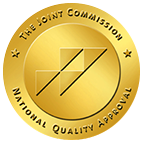The Dangers Drunk & Drugged Driving
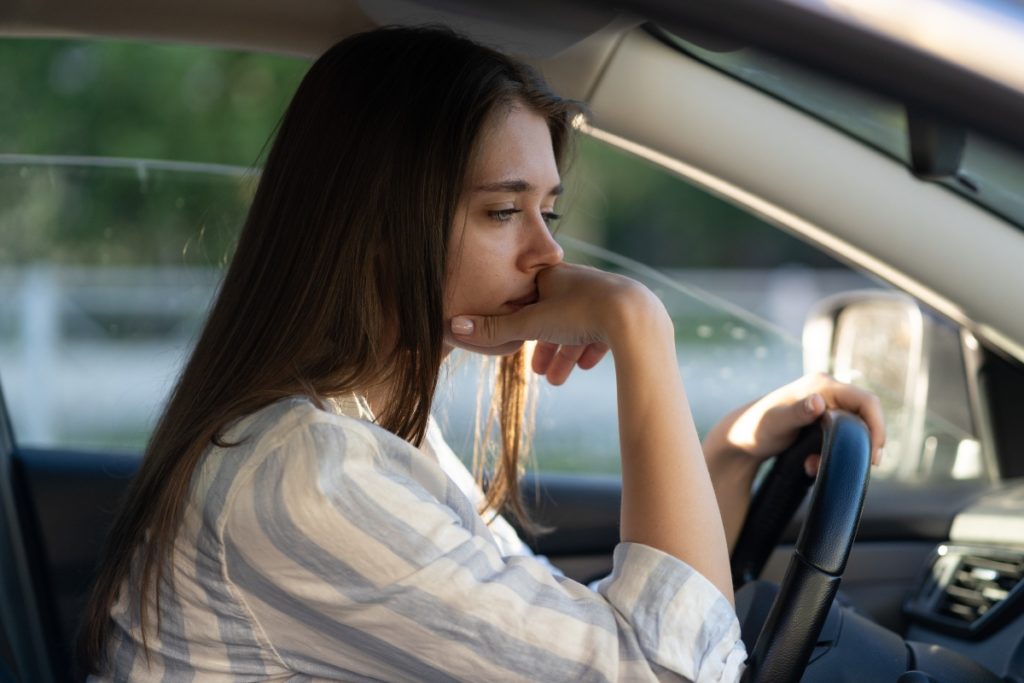
No matter what substance is being used, one thing is certain; they don’t make driving safer. Drunk driving alone causes 10,000 deaths a year, which is close to a third of all traffic deaths combined. There are serious risks to driving under the influence, but unfortunately, alcohol receives much of the attention. Let’s talk about what kind of drugs can affect your driving ability and the dangers of drugged driving.
What Kinds of Drugs Can Affect Your Driving Ability?
First, we will identify which drugs place the largest concern when driving. If you don’t see your medication on this list, don’t assume that it’s safe to use while driving. Always talk to your doctor first. However, here are some of the most common drugs affecting driving abilities.
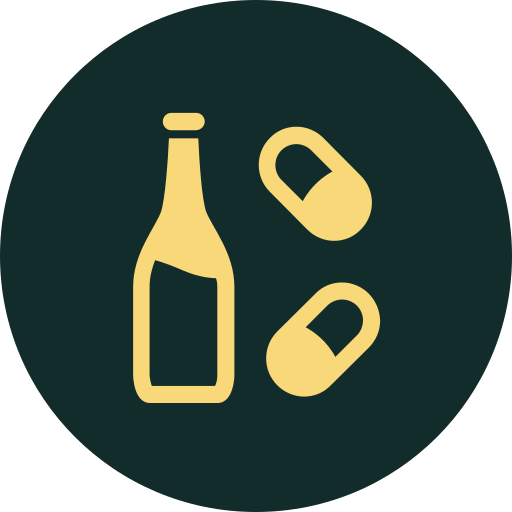
Combining Substances
First of all, the combination of any substances is extremely dangerous to one’s health. However, when put behind the wheel, it endangers everybody.
Most often, these combinations involve prescription medication and alcohol. No matter what type of prescription, this is a dangerous combination that leads to serious cognitive impairment.
Any substance on this list (along with plenty of others) should never be combined under any circumstances, especially if you intend to drive or operate machinery.
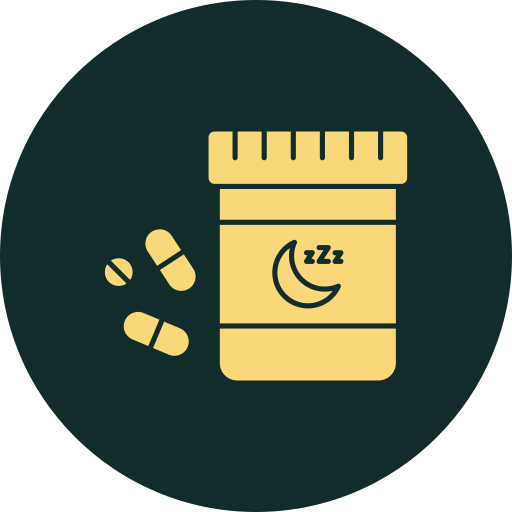
Sleep Medicine
Most sleep medicines have the job of, well, putting you to sleep. Even if you don’t fall asleep at the wheel, which is a risk worth avoiding, most sleep medications will leave you feeling groggy, which may slow your reaction time.
Generally, you should avoid driving for 10 to 12 hours after taking sleep medicine. If you sleep 8 hours a night and you drive to work two hours after waking up, try to take your medicine 1 to 2 hours before bedtime.

Benzodiazepines
Anti-anxiety medications like benzodiazepines can certainly impact your driving abilities, especially when taken improperly. The most common forms of these drugs and their brand names are:
- Lorazepam (Ativan)
- Diazepam (Valium)
- Clonazepam (Klonopin)
- Alprazolam (Xanax)
If you use any of these medications, talk to your doctor about driving during use and if your dosage allows for it. If you are unsure, it is always better to be safe than sorry.
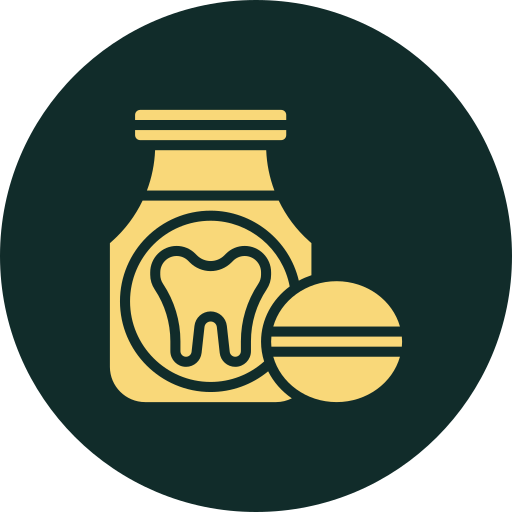
Painkillers
We aren’t simply talking about Tylenol or similar over-the-counter medications.
Painkillers that contain opium’s active ingredients should never use them before driving. Opioids and opiates slow your heart rate and brain functions, reduce your reaction times, and could even lead to falling asleep at the wheel. Common medications include:
- Hydrocodone (Vicodin, Norco)
- Codeine
- Oxycodone (Percocet, Oxycontin)
- Tramadol
- Morphine
The list also includes street drugs like heroin and fentanyl. These all belong to the same family and should never be used when driving or operating heavy machinery, even in weaker doses.
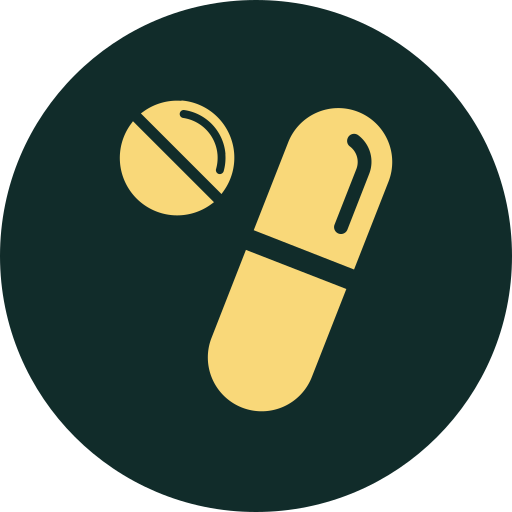
Other Prescription Medications
We mentioned a few specific medication types that impair driving, but they aren’t the only offenders. Common medications for mental illness including antidepressants or similar drugs can also affect your ability to safely operate a vehicle.
Again, always talk to your doctor about potential side effects and ask if it is safe to drive. If they say yes but side effects include drowsiness, vision impairment, or anything else that may hinder your driving abilities, then determine how the medicine is affecting you before choosing to drive.
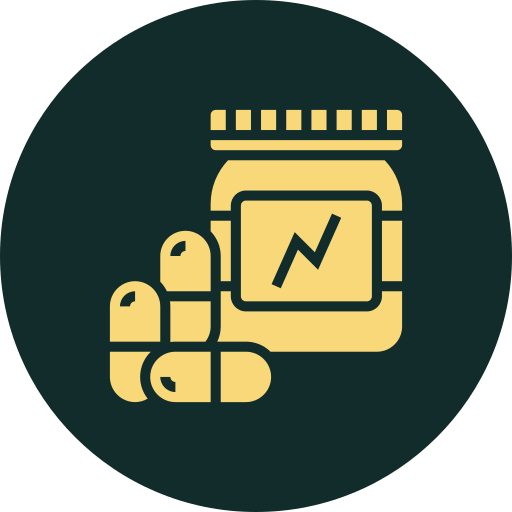
Stimulants
Illegal stimulants such as cocaine or methamphetamine will severely hinder your ability to drive properly. Many people who use these substances may believe they make them more “alert”, but that’s simply not the case.
When abusing these substances, drivers are far more prone to distractions, speeding, and aggressive driving habits. A cup of coffee isn’t going to severely impact your driving, but illegal stimulants certainly will.
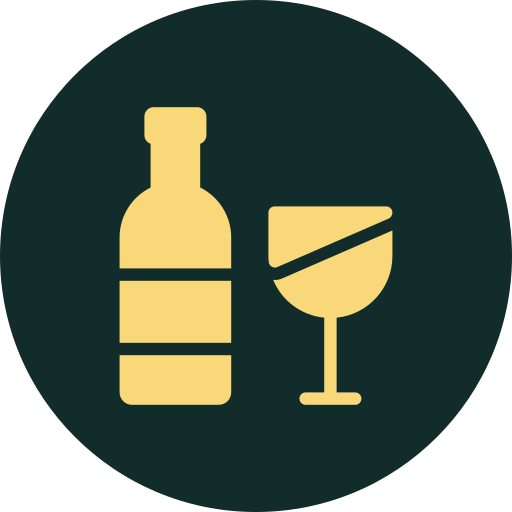
Alcohol
Of course, alcohol is one of the most commonly abused substances, and it’s what we think of when we hear the terms “DUI” or “DWI”. Alcohol impairs our decision-making skills, executive functions, reaction times, inhibitions, and other mental effects, making for a dangerous ride.
The legal limit for blood-alcohol content (BAC) across the country tends to be 0.08, and up to 0.02 for those under age 21. For the average person, drinking a couple of beers over the course of two hours will not put you above this legal limit.
Generally speaking, the rule of thumb is one drink, one hour. If you drink two beers or two ounces of hard liquor, then you should wait two hours before driving. If you’ve had 12 drinks, you should wait 12 hours before driving.
However, this has to be taken at the individual level. A 120-pound female will have very different needs from a 200-pound male, and there are genetic and environmental factors that also play a role. For example, a stomach bypass surgery or certain medications could make you impaired after only a few sips of wine, even if you used to be able to drink more.
As we mentioned, drunk driving accounts for roughly a third of all traffic deaths in the country, so take it seriously and don’t try to bend these guidelines to justify doing something unsafe. When in doubt, find a ride.

Marijuana
We chose to put marijuana last only because of some common misconceptions. First, marijuana absolutely impairs your ability to drive. Even if you’ve done it before and you think it’s “fine”, don’t do it again.
When high on marijuana, a person is far more susceptible to distraction, their reaction times slow, and they are even likely to forget they are even driving. Marijuana may not be as harmful to the body as some other drugs on this list, but it affects driving in the same way.
Marijuana is especially concerning not because of its psychoactive effects, but its widespread use. 48 million Americans use marijuana, and if all of them were driving intoxicated, it would create a very dangerous situation across the country.
Dangers of Drunk or Drugged Driving
In the United States, public transportation isn’t always readily available. Because of that, many of us drive to and from work every day. Because of this, we often feel confident behind the wheel.
Consequently, it rarely crosses our minds that every time we get into a vehicle, we are risking our lives. Cars are far more dangerous than airplanes or other modes of transportation, killing over 1.3 million people every year around the world.
Remember, that’s every time you get into a car, not just when you are under the influence. When impaired, you are far more likely to die in a car accident than when you are sober. Not only that, but you are more likely to die on the road when somebody else drives impaired.
Because of this, drunk or drugged driving poses an unnecessary and preventable threat to everyone, not just the driver. The act is likely to result in any of the following problems.
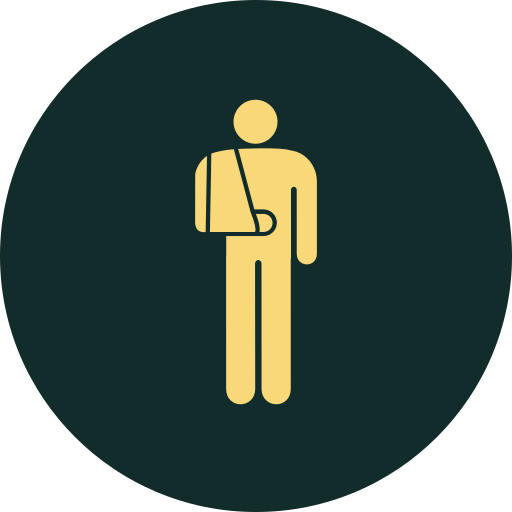
Injury
It’s one thing to think about injury to yourself because you may already understand those risks. However, when you get behind the wheel while under the influence, you are putting yourself and other people at serious risk of injury. This is true no matter how “fine” you think you are.
We mentioned how many people die from drunk driving, but even more people find themselves hospitalized every year from car accidents. All it takes is one mistake.

Death
Unfortunately, the same logic applies to death. Anybody driving intoxicated knows they are putting their own lives at unnecessary risk, and they may be okay with that, but they are also putting the lives of innocent people at risk.
Although, when you kill somebody behind the wheel, it is not considered an “accident” or an “accidental death”. A vehicle is regarded as a lethal weapon in this case.
Instead, when you kill somebody while driving intoxicated, this is known as vehicular manslaughter. We will go into the penalties of this crime later, but understand that with or without legal consequences, potentially killing someone should be enough motivation to find a different method of transportation.

Damaging Property
While this may seem like a minor feat in comparison to killing or injuring somebody, it still carries serious consequences. Other cars, government property, people’s homes, pets, and other property are also at risk every time someone is driving under the influence.
Property damage will likely be included in your charges if you are faced with a DUI charge. You will likely have to pay to repair or replace the damaged property.
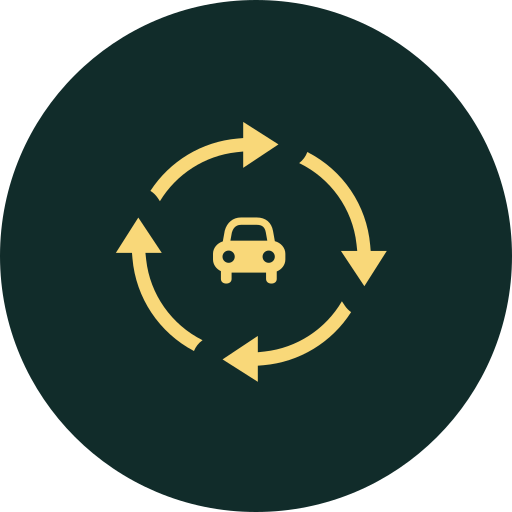
Making It a Habit
Finally, and most seriously, there is also the danger of making it a habit. Driving under the influence once, twice, or even one hundred times may result in no accidents, vehicle stops, or any other negative consequences.
However, it is a ticking timebomb. All it takes is one instance to destroy a life or even end one, which is why forming such a habit is so dangerous. It could be your tenth or your thousandth time, but a life is still a life.
Personal Consequences & Drugged Driving Laws
Of course, the laws are clear. Driving under the influence of illegal or controlled substances is illegal across the entire United States. However, penalties vary between states and based on the severity of an individual case. For more specific information based on your state, you can look up state penalties.
However, here are some general guidelines of the penalties you could face across the US.
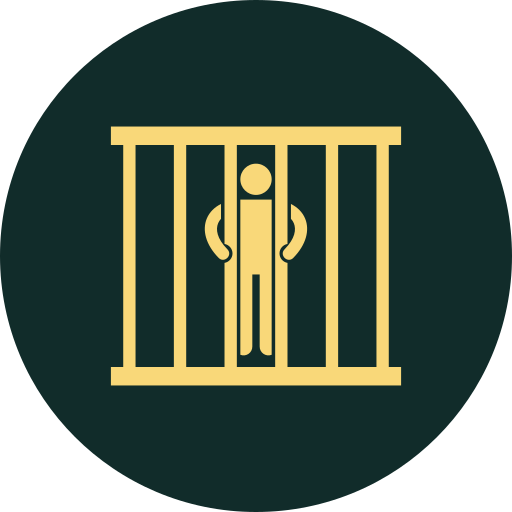
Jail Time
Jail time changes based on the state but you can generally expect to spend a night in jail upon arrest after a DUI or DWI until your bail is posted. In certain states, there are mandatory minimums of between 3 and 30 days for a first offense.
Generally, for a first offense, the maximum sentence is between six and twelve months but you won’t likely spend more than 30 in prison if there aren’t additional charges.
For second offenses, jail time is usually certain for at least 30 days and up to 12 months. After a second offense, a third and fourth are considered felonies and will have mandatory minimums across the entire country.
If your DUI resulted in property damage, injury, or death, you can expect jail time to increase dramatically, especially if it isn’t your first offense.
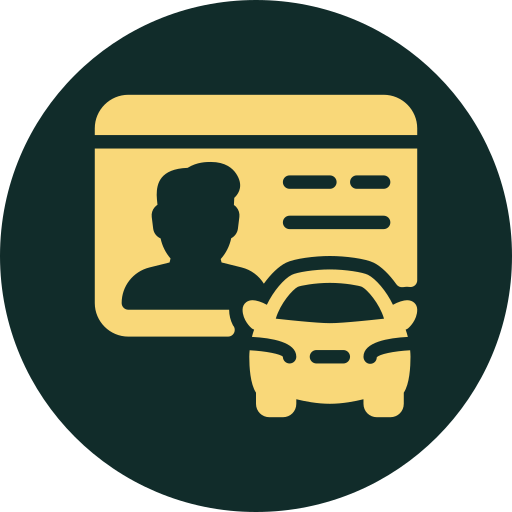
License Suspension
All across the country, your license is guaranteed to be suspended upon conviction of a DUI. If you rely on your car to get to and from work, this could cause some serious issues.
In some states and situations, you could get a partial reinstatement to allow you to drive to and from work as needed, but this isn’t always the case.
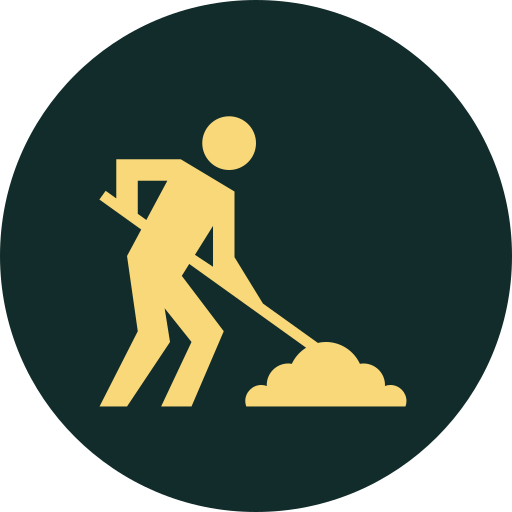
Education and Community Service Work
In many cases, you could be forced to attend a program such as Mothers Against Drunk Driving (MADD) or something similar. Different states may offer different programs, but this is common during sentencing. You may also need to complete a certain amount of community service hours.
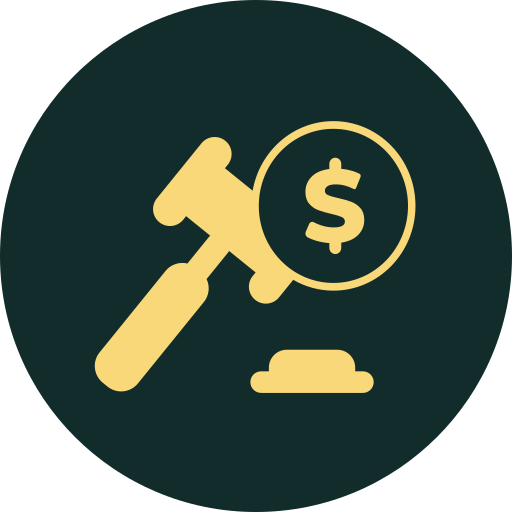
Monetary Fines
Fines will vary from state to state and will be determined by the nature of your case. However, most states will carry between a $1,000 and $2,000 fine for a first offense.
Those numbers usually double for a second offense and reach between $5,000 and $20,000 for future offenses. Wages will be garnished if you are unable to pay upfront and these fines are not eligible for bankruptcy.
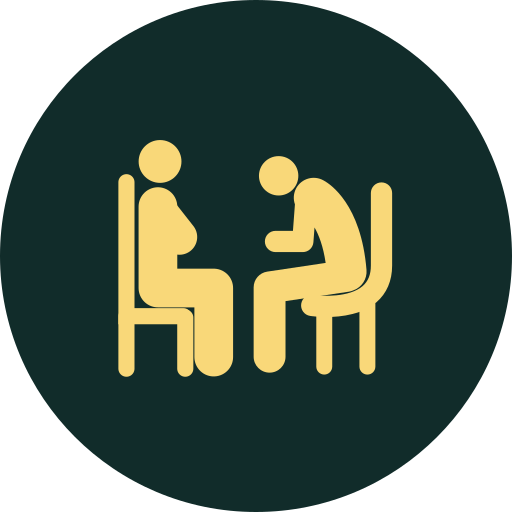
Mandatory Counseling or Rehabilitation
If substance abuse is a problem in your life and that led you to drive under the influence, then you may need to attend a rehabilitation program or an outpatient treatment such as addiction therapy. Attending such a program on your own accord may even help with sentencing.
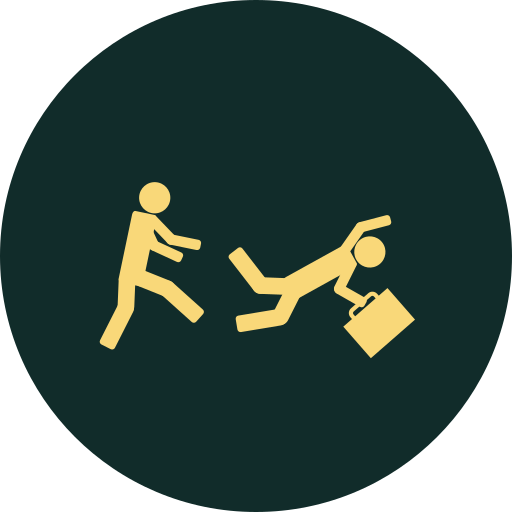
Job Loss
Finally, not all consequences come from the courtroom. There are a number of ways you could lose your job due to a DUI charge.
For example, your job may require a clean criminal record or driving record. You may also rely on your car to get to work and no longer have adequate transportation.
Also, you may be sentenced to jail time. In that case, your employer is under no obligation to hold your job for you. These are only a few examples of how you could lose your job.
A job loss may come with other consequences beyond lost income. Your retirement and insurance benefits are likely tied to your employer. Upon losing your job, you will likely lose these benefits as well.
Other Potential Charges
While driving drunk or drugged carries hefty charges on their own, they don’t even compare to a vehicular manslaughter charge. If your DWI causes injury, property damage, or death, you can expect your penalties to be more severe.
Also, depending on your BAC, you could face more charges in certain states. Penalties can even double depending on location for a BAC above 0.15 or if you have a minor present in the vehicle. However, here are some common charges that are paired with DUI or DWI convictions beyond simple traffic infractions.
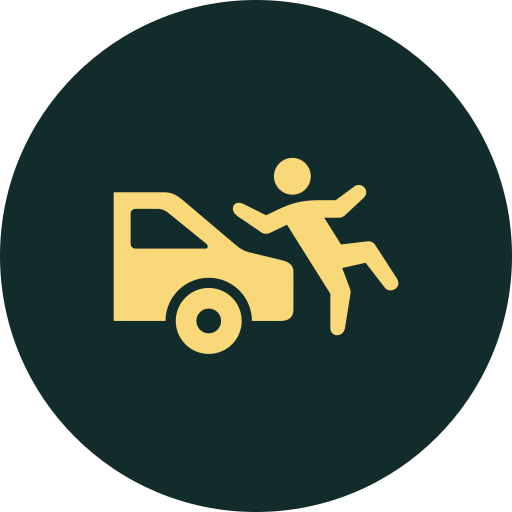
Vehicular Manslaughter
While penalties for vehicular manslaughter will depend on the state, you can generally expect to stay in prison for 2 to 20 years. In some states, the mandatory minimum is only 30 days. However, many face jail time of around 8 years, even for a first offense.

Reckless Driving
Depending on how you were driving, you could also face a reckless driving charge, which will destroy your driving record when paired with a DUI. If your driving results in a crash or if you are caught excessively speeding, you are likely to face a reckless driving charge. Reckless driving charges can bring fines of over $5,000, as well as possible prison time, depending on the state.
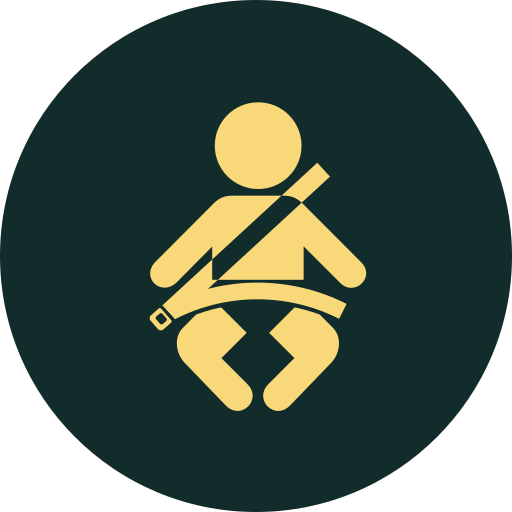
Child Endangerment
If you have a minor in the vehicle with you at the time of the arrest, or if you otherwise put a child’s life at risk, you could face a child endangerment charge. This carries imprisonment of at least 90 days and up to 2.5 to 5 years, depending on the state.
How To Stay Safe
The truth is that driving drugged or drunk, especially when it becomes a habit, usually involves underlying issues, most often addiction. Believe it or not, 1 in 10 Americans will develop substance use disorder in their lives, so it’s a very common problem that can affect anyone. However, it needs to be treated.
First, under any circumstances, you need to stop driving under the influence. If your driving habits are a reflection of a substance abuse problem, that needs to be treated immediately. Not only are you endangering your own life but the lives of your entire community.
Find a treatment program that’s right for you. There are detox and ongoing treatment services for all types of addictions, and even ones specific to personal needs like LGBTQ+ and others.
Also, if you believe that your addiction coincides with an existing mental illness, then you should seek dual diagnosis treatment for the best results. Treating one without the other may neglect the root cause of your addiction but treating both at the same time is the best solution.
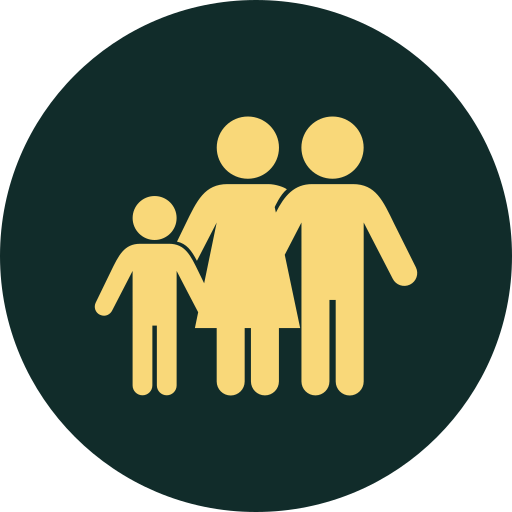
For a Loved One
If it’s a loved one you worry about who is drinking and driving or driving drugged, then you may be wondering how to help.
First, it’s important to understand and notice the signs of drugged driving.
Next, you should prepare for an intervention. Only invite people who will be constructive in the situation. If anybody will belittle your loved one or cause unnecessary tension, you should consider leaving them out of this endeavor.
Before the intervention, it’s always best to have treatment options for them. Residential treatment has the highest success rate out of any type of treatment, and if somebody is a risk to themselves and others, it’s likely necessary for everybody’s wellbeing.
Finally, you should ask them about it. Don’t be too confrontational, just be honest and straightforward. Let them know about your concerns for their safety and the safety of others and that you want to help them.
Appeal to their sense of self and say that their addiction has grown to a dangerous point. Assuming you already have a program for them, wait until they agree to get help and go over their options with them.
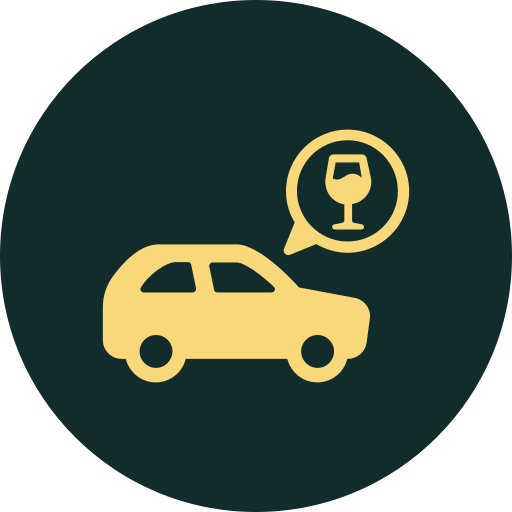
In General
The truth is that you never know who is driving drunk or drugged on the road. The best thing you can do is to practice safe driving habits, stay sober, and stay alert on the roads.
If you know anybody who drives intoxicated, even if they don’t have substance use disorder, talk to them about the serious consequences both to themselves and to their community. Alternatively, you can show them this article.
Also, never get into a car with somebody who is trying to drive under the influence and encourage them to exit the vehicle, no matter how much they protest. We’re sure you would rather lose a friend to an argument than their untimely death or imprisonment. If this is a consistent problem, consider intervening or encouraging them to seek help.
Lastly, you can educate others about the serious risks, especially your children or younger associates. The sooner people learn the risks of driving under the influence, the safer we all will be.
Related Topics
TAKE THE FIRST STEP
From all of us at New Method Wellness co-occurring treatment center, we wish you peace and serenity in knowing that you or your loved one will get the necessary help.
ACCREDITED BY:
